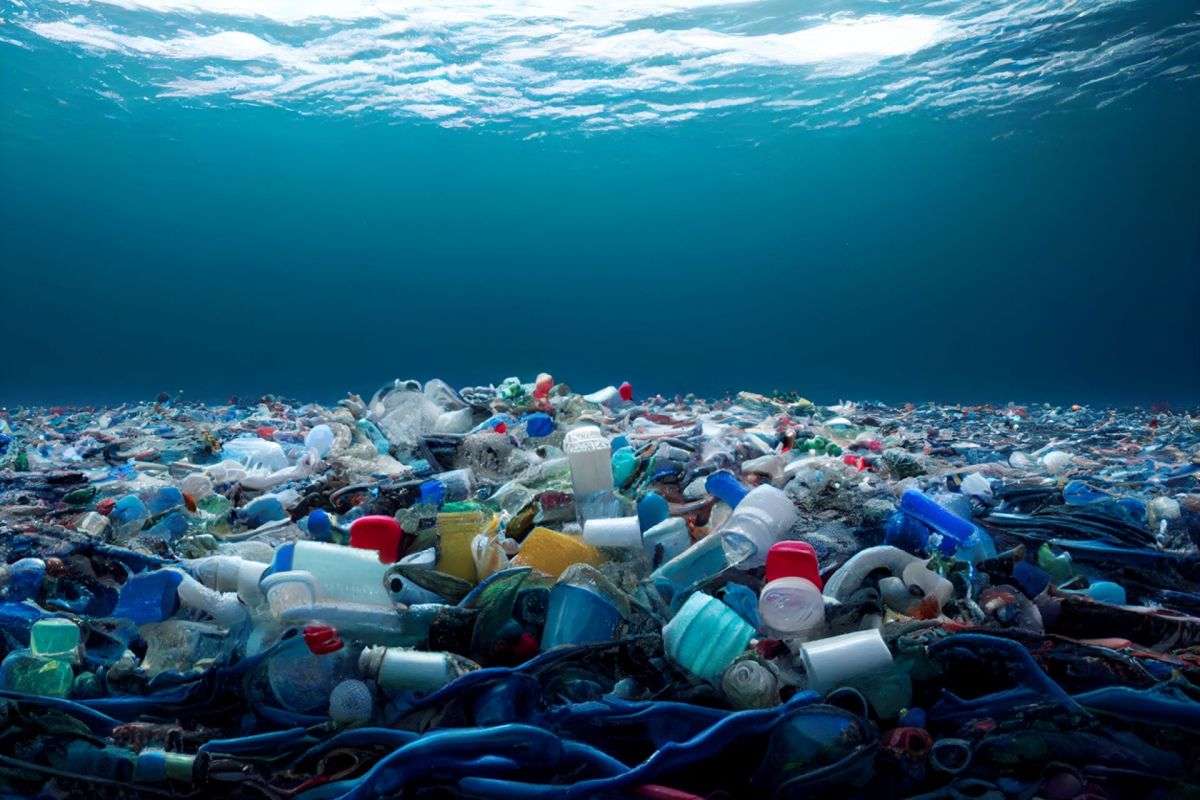A nonprofit group has removed over 17 million pounds of plastic trash from the Pacific Ocean — and they're not done yet.
The Ocean Cleanup is an organization that was founded in 2013 in the Netherlands, and now it consists of 120 engineers, researchers, scientists, computational modelers, and others, working together to get plastic out of our oceans. It has been focusing its efforts on the Great Pacific Garbage Patch, an enormous collection of marine debris in the North Pacific.
But what happens to the plastic once it is removed? The answer to that question is slightly murkier. Some of it will end up getting recycled, according to the organization.
"Our plan is to work with partners to recycle the plastic and transform it into durable plastic products," The Ocean Cleanup's FAQ page reads, and that is echoed in the 2024 objectives posted to Instagram. "By recycling the collected ocean plastic into useful products that are made with certified plastic from the Great Pacific Garbage Patch, we aim to make the cleanup operational costs, to a large extent, financially self-sustainable."
However, according to Dezeen, The Ocean Cleanup also plans to incinerate plastic to generate electricity in a process known as thermal recycling.
Many experts say that the plan is counterintuitive and will create more pollution than it will remove. "It is just a strategy that displaces trash with smaller molecules that float around in the air," architect Arthur Huang told Dezeen.
Another expert said that thermal recycling "seems like such a waste of material to me," adding, "It took so much effort to turn that old fossil oil into plastic. We can always burn, but we can do more before we hit that last resort."
But in any case, removing 17 million pounds (and counting) of plastic from the ocean is an admirable accomplishment. Plastic pollution harms marine life by both poisoning and starving animals, bleaching coral, and more.
In many ways the question that The Ocean Cleanup faces of what to do with all the plastic it removes is the essential reason for the organization's existence: There is far too much plastic, and there are still not enough answers for what can be done with it.
Join our free newsletter for cool news and actionable info that makes it easy to help yourself while helping the planet.









